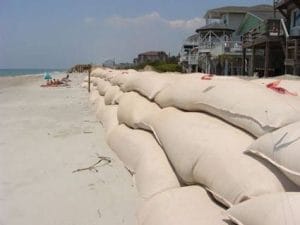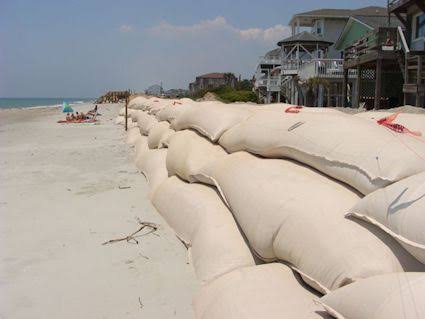#QuickBiteCompliance Day 61
How Strong Are Your Defenses Against Financial Crime?
Imagine you’re building a sandcastle at the beach. You know the waves are coming, so you build walls to protect it. If the walls are weak or too small, the waves will easily wash it away. But if your walls are strong and tall, your sandcastle is safe.
In the financial world, these “walls” are called controls. They’re the tools and measures businesses use to stop bad guys (like scammers, money launderers, or people evading sanctions) from sneaking through their systems.
Here’s the catch: Not all walls are strong enough, and bad guys are great at finding cracks. For example:
1️⃣ Fake Companies: A scammer might set up a fake business to send money to a country on the sanctions list. If the controls aren’t checking closely, that money could slip through undetected.
2️⃣ Layered Transactions: A money launderer could break up $10,000 into ten $1,000 transfers, hoping weak controls don’t notice the pattern.
3️⃣ False Identities: A person might use fake IDs or stolen identities to open accounts. Without strong checks, they could easily fly under the radar.
To stop these tricks, businesses need proportionate controls. That means the higher the risk, the stronger and smarter the controls should be. For example, monitoring transactions more closely in high-risk regions or requiring extra checks for unusual account activity.
When controls are effective, they don’t just detect the risks—they actively block them. Weak controls, on the other hand, leave businesses wide open to financial crime.
Let’s make sure our “sandcastles” are protected by the strongest walls possible.
#FinancialCrime #AML #SanctionsCompliance #RiskManagement #ControlEffectiveness #AntiMoneyLaundering #FraudPrevention #ComplianceMatters #InclusiveRegtech #OpenSourceAML
Source: https://www.acams.org/en/resources/aml-glossary-of-terms


